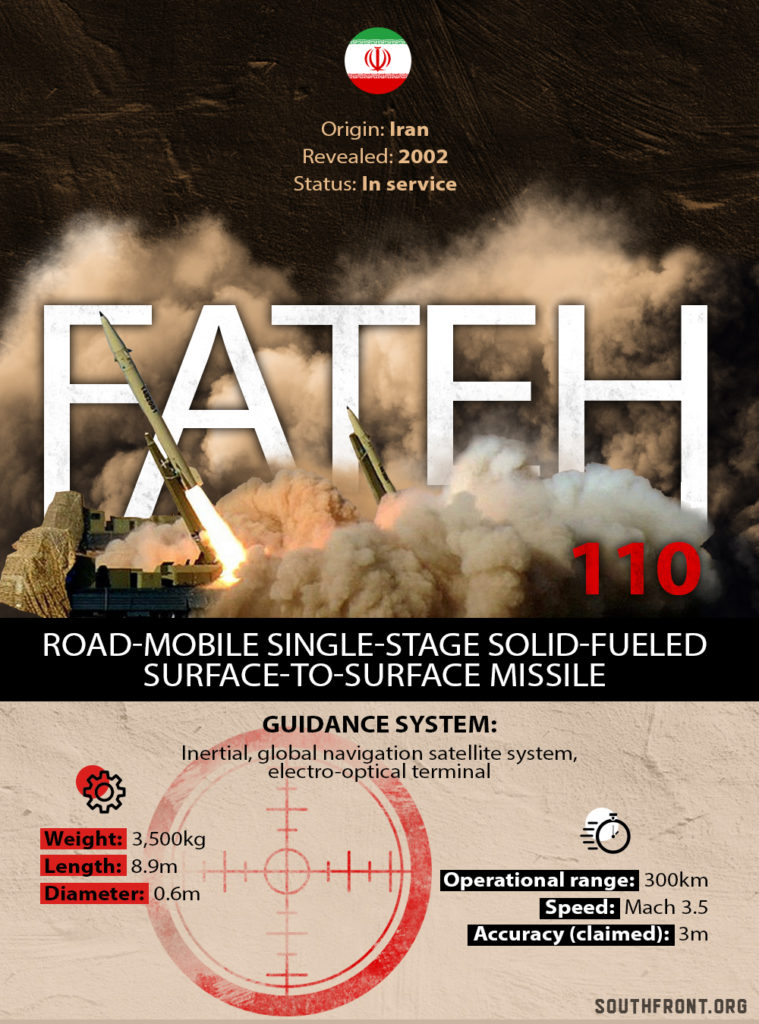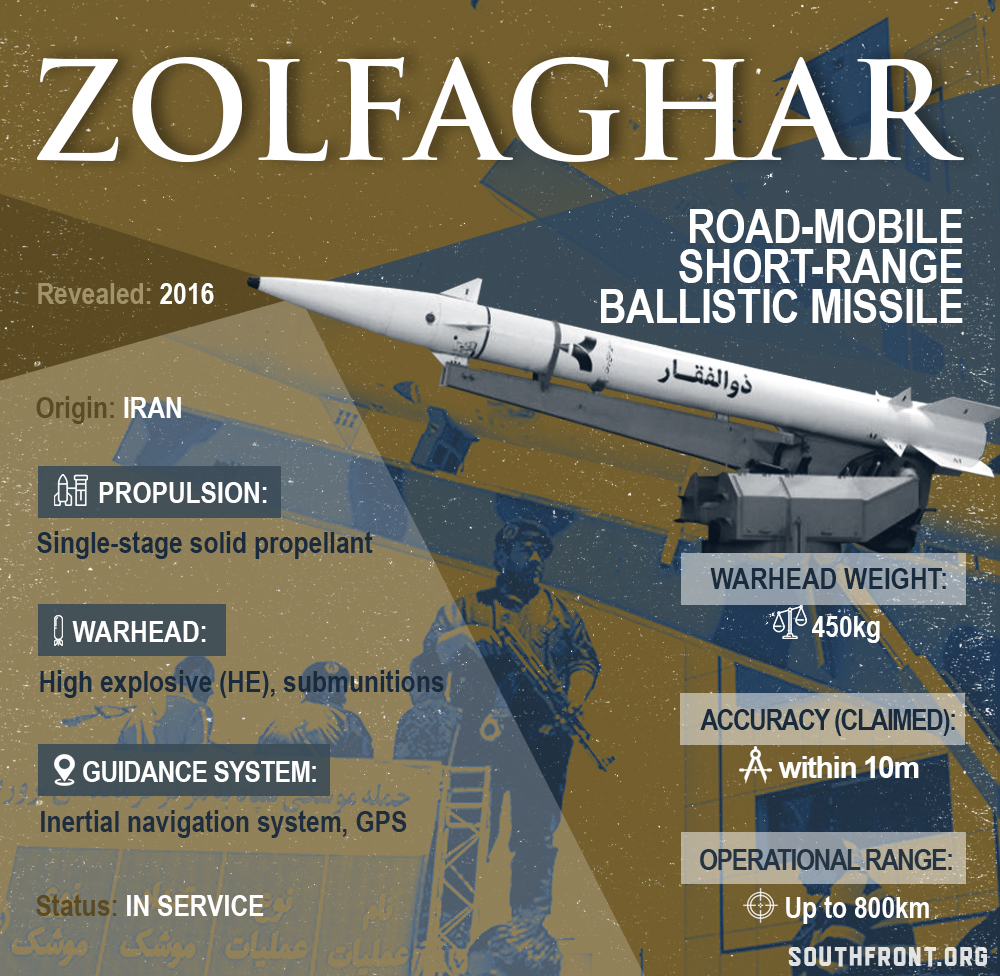Iran has only provided Ansar Allah (also known as the Houthis) with technical advice and know-how in the defence sector, a spokesman for the Iranian Armed Forces said denying reports that the Islamic Republic is directly assisting the group and sending it weapons in the military conflict in Yemen.
“We provided them (Yemenis) with the technical experiences in the defence sector. They have learned how to produce missiles, drones and weapons in Yemen on their own,” Brigadier General Abolfazl Shekarchi said in a televised program on Tuesday.
He emphasized that Iran has not supplied Yemen with missiles.
“We have shared our experience and knowledge with the Yemeni people.”
Unlike what the enemy is trying to portray, Yemenis are a very cultured and smart people who have managed to manufacture missiles and the most advanced drones at the shortest possible time while they have also made great headways in the electronic warfare, the Iranian military official said.
“Countries of the resistance front have armies and forces themselves. We provide them with advisory help. In order to share our experience with the people of Syria, Iraq, Lebanon and Yemen, our skilled forces go there and assist them, but this is the people and armies of these countries who stand against the enemies in practice.”
According to Iran’s state-run Press TV, Shekarchi said that Iran has no plan to have military presence anywhere and added that the country merely has “spiritual and advisory presence” in the region.
He added that Iran was prepared to provide whatever help it could to any country confronted by Israel and the United States.
Earlier this month, Iran’s Foreign Ministry Spokesman Saeed Khatibzadeh dismissed as ‘baseless’ a report published by the United Nations’ Office of the High Commissioner for Human Rights (OHCHR) alleging that Tehran has been sending weapons to Yemen. “Placing Iran’s name next to those supplying weapons to the Saudi coalition against Yemen is completely wrong,” Khatibzadeh said.
The report of the findings of the UN Group of Experts for Yemen stated in part:
After six unremitting years of armed conflict in Yemen, the multi-party war continues with no end in sight for the suffering millions caught in its grip. Whether through ongoing airstrikes, the crippling blockade, indiscriminate artillery attacks, impeding humanitarian relief supplies and access to food and healthcare, harm from landmines, arbitrary detention, torture and enforced disappearances, widespread displacement, assaults on civil society and minorities, recruitment and use of children, gender-based violence, and endemic impunity, Yemen remains a tortured land, with its people ravaged in ways that should shock the conscience of humanity.
It has been reported that, since the beginning of the conflict, approximately 112,000 people have died as a direct result of hostilities, of whom around 12,000 were civilians. The Office of the United Nations High Commissioner for Human Rights has documented at least 7,825 civilians killed (including at least 2,138 children and 933 women) and 12,416 civilians injured (including 2,898 children and 1,395 women) as a direct result of the armed conflict between March 2015 (when it began such tracking) and June 2020. These figures do not include the many thousands of people who have died as a result of the worsening socioeconomic, health and humanitarian conditions…
Notwithstanding the strong recommendations by the Group of Experts in its previous reports, third States, including Canada, France, the Islamic Republic of Iran, the United Kingdom of Great Britain and Northern Ireland, and the United States of America, continued their support of parties to the conflict including through arms transfers, thereby helping to perpetuate the conflict…
The Group of Experts has reasonable grounds to believe that the Governments of Yemen, Saudi Arabia, the United Arab Emirates and the Southern Transitional Council, to the extent they exercise jurisdiction, and as applicable to each party, are responsible for human rights violations including arbitrary deprivation of life, enforced disappearances, arbitrary detention, gender-based violence, including sexual violence, torture and other forms of cruel, inhuman or degrading treatment, the recruitment and use in hostilities of children, the denial of fair trial rights, violations of fundamental freedoms, and economic, social and cultural rights.
According to the Iranian leadership, components for missiles and drones used by the Houthis seem to be mysteriously appearing just in their hands without any Iranian participation. Apparently, the “spiritual” presence of Iran in Yemen works pretty well.
In 2019, the Ambassador appointed by Yemen’s Houthis to Tehran, Ibrahim Dailami, has signed a military cooperation deal with Iran, in the first such formal deal between the two parties. During the signing ceremony, the Houthi envoy commended relations between the two countries and Tehran’s diplomatic position on the Saudi-led international aggression against Yemen.
“The group’s ambassador conveyed the greetings from the Minister of Defence in Sana’a, Major General Mohammad El-Atefi, and the Chief-of-Staff, Major General Mohammad Al-Ghammari, to the Iranian Minister of Defence,” Ibrahim Dailami said, praising “the cooperative relations that link the two countries at various levels and the Iranian position towards aggression against Yemen,” the Houthi affiliated Al-Masirah TV reported.
In his remarks on the occasion, Iranian Defence Minister Amir Hatami stressed Tehran’s support for a political solution in Yemen, and the necessity of giving the people of Yemen the opportunity to determine the future of their country. LINK
The Houthis took over control of Sana’a in September 2014, and forced the then government into exile. In March of 2015, a Saudi-led coalition launched a campaign to try to restore the ousted government of President Abd Rabbuh Mansur Hadi, carrying out thousands of air raids and launching a massive ground invasion on multiple fronts.
Despite more than five years of heavy fighting in which the ‘Saudi-led coalition’ has had a huge advantage in terms of overall weaponry and firepower as well as the necessary supporting infrastructure and materials, the Houthis have maintained territorial control over a substantial portion of Yemen’s territory including the most populated provinces and the country’s capital, Sana’a.
Despite efforts by civil society organizations and opposition politicians to stop weapons sales to Saudi Arabia and the UAE, the United States, Britain, Canada, France and Germany have continued to export and in many cases operate and maintain advanced weapons and associated platforms and facilities.
Apart from the horrific toll on civilians of the ‘Saudi-led’, ‘US supplied’ air strikes, according to a CNN investigation released in October 2019, many US-made weapons supplied to Washington’s allies involved in the war on Yemen have also been distributed to militant groups in Yemen, including the southern separatists backed by the United Arab Emirates (UAE), al-Qaeda-linked militants and hardline Salafi militias.
Analyzing social media video of militant infighting in southern Yemen, CNN found multiple instances of American Mine-Resistant Ambush Protected (MRAP) vehicles being used by UAE-backed groups, such as Alwiyat al-Amalqa or the Giants Brigade.
CNN also filmed a BAE Caiman being used by Emirati-backed separatist militants in Shabwah Province in August. The armored vehicle can be traced back to a $2.5 billion arms sale contract between Washington and Abu Dhabi in 2014.
Responding to the evidence compiled by the CNN investigation, a UAE official said, “There were no instances when US-made equipment was used without direct UAE oversight. Except for four vehicles that were captured by the enemy.” LINK
In July of last year, US President Donald Trump vetoed three congressional resolutions barring billions of dollars in weapons sales to Saudi Arabia and the United Arab Emirates.
In veto messages to Congress released by the White House, Trump argued that the bills would “weaken America’s global competitiveness and damage the important relationships we share with our allies and partners.”
In May 2019, the Trump administration invoked an emergency provision of the law governing arms sales to fast-track the sale of $8.1 billion worth of munitions to Saudi Arabia and the UAE without the usual 30-day congressional review period.
In September of 2019 the United Nations said that countries that supply weapons to parties involved in Yemen’s conflict may be complicit in war crimes.
MORE ON THE TOPIC:









I sense a disturbance + anger in the Dark Side of the Force.
The Yemenis do not need fighting lessons from anyone, they are natural born warriors. Iran’s influence is largely symbolic and spiritual.
Laughable … of course Iran has provided the Houthis with weapons / training … why deny it?
Iran is at war with Sunni Islam … it’s a fight for leadership of the Islamic World
Iran is an Islamist/Jihadi Revolutionary Regime intent on conquering the whole World for Islam … full stop
Why hide it? It’s clear …
next
“Why hide it?” – Taqiya.
Everybody Knows …
I’m not so sure.
Some here seem to believe their own lies.
“spiritual”
Radioactive spirituality.
Iran can only export terrorism and oil, something the world doesn’t need from them (only China).
If the events at the UN are any indication the world doesn’t share your opinion of iran. Only 2 votes out of 15 for sanctions at the UNCS … the second vote being the Dominican Republic. Britain France and Germany abstaining. China didn’t even need their veto.
Funny ignorance.